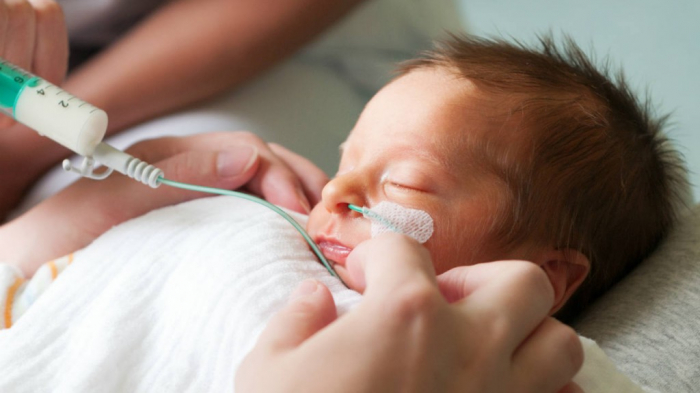COPD is an inflammatory disease of the trachea and lungs, characterized by slowly increasing constriction of the trachea. Smoking is a major risk factor. COPD is one of the most prevalent diseases worldwide. The World Health Organisation predicts that COPD will become the third leading cause of death globally by 2030.
Swedish researchers have come a step closer to solving the riddle of why hundreds of thousands of non-smoking Swedes are affected by COPD.
"COPD is strongly associated with smoking but about 20 percent of those who develop the disease have never smoked," Magnus Skold, the study's main author and Professor of Lung Medicine at the Karolinska Institute, said in a press release on Saturday. "Now we have a completely new, important insight into COPD, which makes it possible to inform risk groups about how they can prevent the disease. For example, it is extra dangerous for those who were born prematurely to take up smoking."
In the study, which was published on Wednesday, Magnus Skold's research group examined the lungs of 95 people in their 20s. The study shows a markedly impaired lung function in the participants who were prematurely born and needed oxygen. A total of 27 percent of those who developed bronchopulmonary dysplasia (BPD) after birth, ie those with lesions on the lungs, had already developed signs of COPD in their 20s.
Gunnar C. Hansson, Professor of Medical Biochemistry at the Sahlgrenska Academy, told Swedish Television (SVT) that he is not surprised by what the study shows. Healthcare has long believed that COPD is only linked to smoking, but it is changing, said Hansson.
"For a very long time, it has been assumed that COPD is only caused by smoking, but it is not. Anything that damages the lungs leads to a similar illness. So it's not particularly surprising that premature children, who also get harmful oxygen, also get lung damage, Hannsson told SVT on Saturday.
Xinhua
More about: premature-birth disease
















































